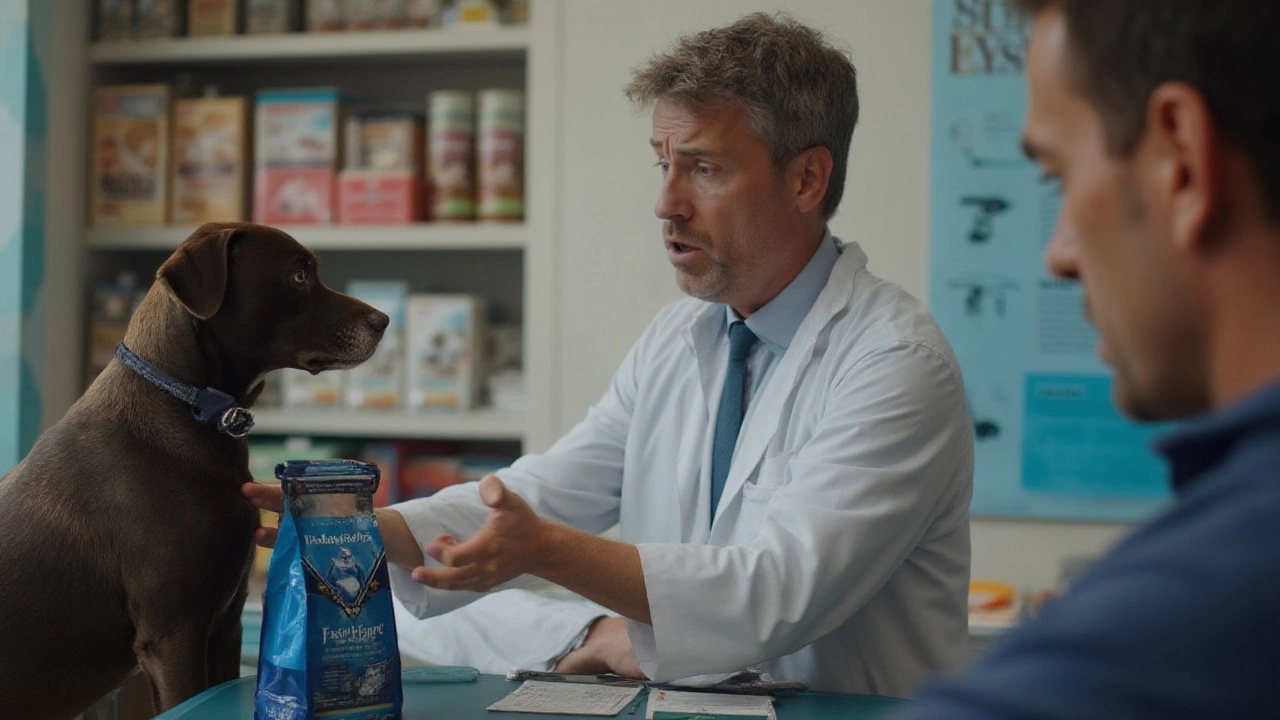Vet Concerns: Answers to Your Top Pet Health Questions
Wondering whether your pet’s habit is normal or a sign of trouble? You’re not alone. Most owners face the same worries – from night‑time feeding schedules to whether a collar is safe 24/7. Below you’ll find straight‑forward advice you can use today, no jargon, no fluff.
Everyday Health Checks
Start with a quick visual scan. Fresh eyes, a clean coat, and normal energy levels usually mean your pet is fine. Look for any swelling, limping, or unusual noises when they move. If you notice a change in appetite – like feeding your dog later at night than usual – it could be a digestive issue or simply a habit shift. Adjust meal times gradually; most dogs do well with a last meal about three hours before bed.
Collars are handy for ID, but leaving them on all day can irritate the skin, especially indoors where pets brush against furniture. Give your dog a break by removing the collar when they’re home most of the time. A simple tag on a harness works just as well and cuts down on neck‑strain risks.
Cat owners often wonder if dry food should be left out all day. Free‑feeding can lead to weight gain for some cats, while others prefer a set mealtime routine. If your cat is healthy and maintains a good weight, a bowl of dry food can stay out. Otherwise, try two measured meals to keep calories in check.
When to Call the Vet
If your pup starts barking nonstop, has sudden diarrhea, or refuses water, it’s time to ring the clinic. These symptoms can signal infection, stress, or an underlying condition that needs professional help. Same goes for cats that stop using the litter box or develop a noticeable change in grooming habits.
Travel plans add another layer of worry. Before flying with a dog, check airline policies, book a suitable carrier, and consider a health check‑up. A quick vet visit can confirm your pet is fit for the journey and update any needed vaccinations.
Lastly, keep an eye on your pet’s sleep patterns. Dogs that seem restless at night or prefer total darkness might be coping with anxiety. A night‑light isn’t always the answer; sometimes a calm bedtime routine and a comfortable bed do the trick.
Bottom line: trust your instincts, watch for changes, and don’t hesitate to get professional advice when something feels off. Maintaining regular vet visits and staying informed about common concerns will keep your furry friend happy and healthy.
Posted By Bryndle Redding On 2 Aug 2025 Comments (0)
Blue Buffalo Dog Food: Why Many Vets Raise Concerns About Ingredients and Quality
Ever wondered why some vets are quick to caution against Blue Buffalo dog food? Dive into real concerns over ingredients, recalls, and quality issues.
READ MORE